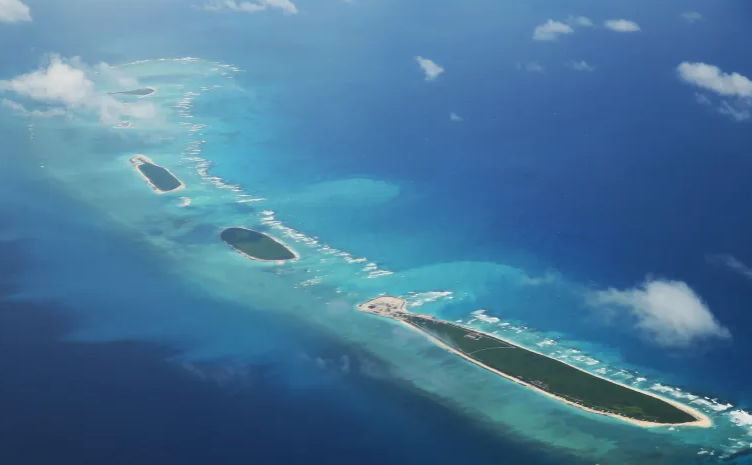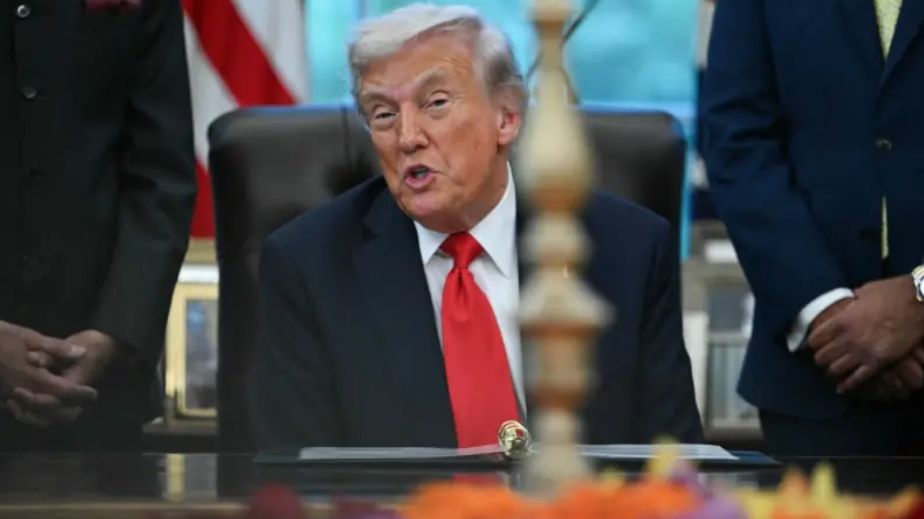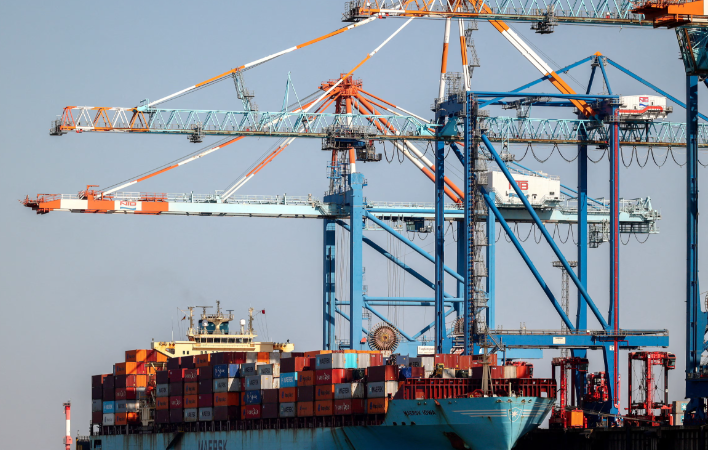WORLD NEWS

Tensions between China and Australia have flared once again after Beijing accused Canberra of “covering up” an airspace intrusion, in response to Australia’s earlier complaint over what it described as an “unsafe and unprofessional” mid-air encounter between the two nations’ military aircraft over the South China Sea.
Chinese Ministry of National Defence spokesperson Jiang Bin told reporters on Tuesday that China had lodged a “solemn complaint” with Australia, alleging that an Australian military aircraft illegally entered Chinese airspace. Jiang claimed that Canberra’s official statement sought to “shift the blame onto China” and called on Australia to restrain its naval and air operations to prevent further deterioration of bilateral ties.
The sharp remarks came a day after the Australian Defence Force (ADF) issued its own statement, accusing a Chinese Air Force jet of “releasing flares in close proximity” to an Australian aircraft conducting a maritime surveillance patrol in the South China Sea.
“For decades, the Australian Defence Force has undertaken maritime surveillance activities in the region in accordance with international law,” the ADF said. However, the statement did not specify where the incident took place.
In contrast, Jiang asserted that the event occurred over the Xisha Islands — China’s name for the Paracel Islands, a territory also claimed by Vietnam and Taiwan.
This is not the first time both nations have traded accusations. A similar confrontation was reported in February 2025, when Canberra accused a Chinese jet of endangering an Australian patrol aircraft, a claim Beijing dismissed at the time.
🌏 Broader Geopolitical Context
The South China Sea remains one of the world’s most contested waterways, with China claiming nearly all of it despite a 2016 ruling by The Hague’s Permanent Court of Arbitration, which found Beijing’s claims legally baseless.
The renewed military tension coincides with a high-level meeting between Australian Prime Minister Anthony Albanese and U.S. President Donald Trump in Washington on Monday. The two leaders signed a rare earth and critical minerals supply agreement, aimed at reducing U.S. reliance on Chinese exports.
They also discussed progress under the AUKUS pact, which will see Australia acquire nuclear-powered submarines from the U.S. and U.K. “The submarines that we’re starting to build for Australia are really moving along,” Trump told reporters.
In response, Beijing once again condemned AUKUS, with Chinese Foreign Ministry spokesperson Guo Jiakun warning that the pact “creates bloc confrontation, increases nuclear proliferation risks, and intensifies an arms race.”
With both sides trading accusations and regional alliances hardening, the South China Sea dispute once again highlights the complex and fragile balance of power in the Asia-Pacific.




